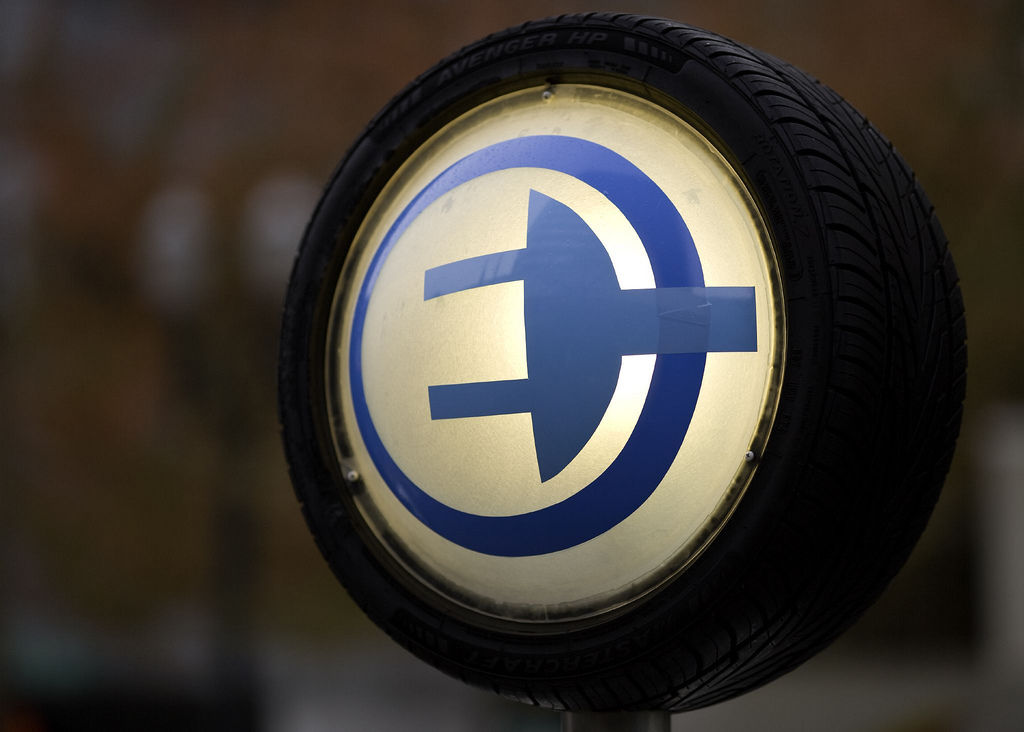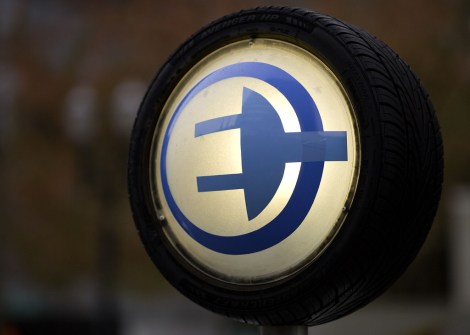About a third of the electric cars in the U.S. are spinning on California roads, but the state still has much work to do to build the charging infrastructure to support them.
There are about 1,000 public chargers in the state right now, and New Jersey-based NRG is poised to install 200 fast chargers and the wiring for 10,000 more regular chargers throughout the state by 2016. A fast charger can juice up a vehicle in as little as 15 minutes, while the regular kind can take hours. But building up the infrastructure isn’t simple, as KQED reports:
Still, a multitude of challenges face NRG and other charging companies, like Bay Area-based ChargePoint andEcotality. Fast chargers produce very high voltage. They require complicated permitting. And they cost upward of $40,000 each.
Right now, the financials don’t add up says NRG’s Terry O’Day.
“The public charging infrastructure is extraordinarily expensive and there aren’t enough cars right now so there isn’t an effective business model to make the investment work,” he says.
But that charging investment is vital if more Californians are going to start buying and driving electric cars.
John O’Dell, Senior Editor at Edmunds.com says for electric cars to catch on its vital to have a reliable charging network.
“Public charging infrastructure is critical to the widespread acceptance of plug-in and particularly battery electric vehicles. Because without public chargers you basically have a fairly short leash on your vehicle and you are not going to be willing to drive it long distances.”
To complicate matters, companies have developed competing charging standards. E.g., you can’t just charge your Tesla at any old charger — it has to be a proprietary Tesla charger. The CEO of one Silicon Valley charging company describes the whole situation as “somewhat of a mess.”
Still, what the state might lack in competence in makes up for in enthusiasm. Despite all the problems, the number of fast chargers is California is expected to quadruple over the next year.



